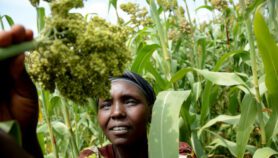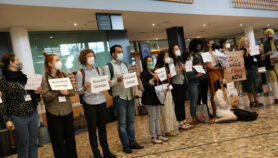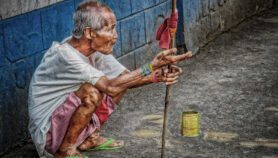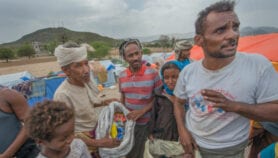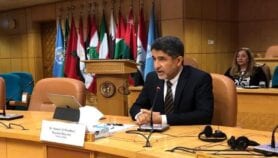By: Roger Williamson
Send to a friend
The details you provide on this page will not be used to send unsolicited email, and will not be sold to a 3rd party. See privacy policy.
Another year has passed and still no invitation to the World Economic Forum in Davos for me. So Bill and Melinda Gates couldn’t tell me what they are thinking in person. Instead, I resorted to their 2014 letter, in which they address ‘development myths’ — such as ‘foreign aid is a waste of money’.
The World Institute for Development Economics Research of the UN University (UNU-WIDER) has just finished a major research project called ReCom on aid effectiveness, adding academic credence to the duo’s myth busting.
Well over 200 ReCom studies are now available. The project’s website contains everything from detailed examinations of economic reconstruction in post-war Liberia, to meta-analyses looking at the correlation between aid and growth, and aid and climate change.
The ReCom studies clearly show that aid can’t make up for the lack of a robust international architecture to address climate change, but it can still help countries ‘climate-proof’ their development, for example through robust design of infrastructure.
Reviews led by economist Finn Tarp, who heads UNU-WIDER, conclude that steady aid flows of ten per cent of a recipient country’s GDP (for the period 1970-2007) generate on average an additional one per cent in growth. [1] That is worth having.
However, the research also shows that decent work is ultimately the best way out of poverty — both for individuals and countries. You aren’t dependent on anyone else. [2,3] Given this, it’s time the donor community got serious about employment generation.
They can do this by investing in health and education, which will build human capital in the long term. However, the big challenge is the structural transformation of economies.
This requires skilled personnel with technical and science training. This would mean that poor countries — and African ones in particular — can pick up basic manufacturing jobs as Chinese labour becomes more expensive (as former World Bank chief economist Justin Yifu Lin argues) and get into managerial and supervisory roles. [4]
Unlike Bill and Melinda Gates, I don’t write an annual letter. But if I did, my message would be that, in the coming year, manufacturing jobs can pull poor people out of poverty.
References
[1] Finn Tarp Does foreign aid make economic sense? (The African Business Review, September 2013)
[2] Aid creates growth and jobs (UNU-WIDER, December 2013)
[3] Gary S. Fields Aid, growth and jobs (IZA, January 2013)
[4] Justin Yifu Lin From flying geese to leading dragons: New opportunities and strategies for structural transformation in developing countries (UNU-WIDER, August 2011)





